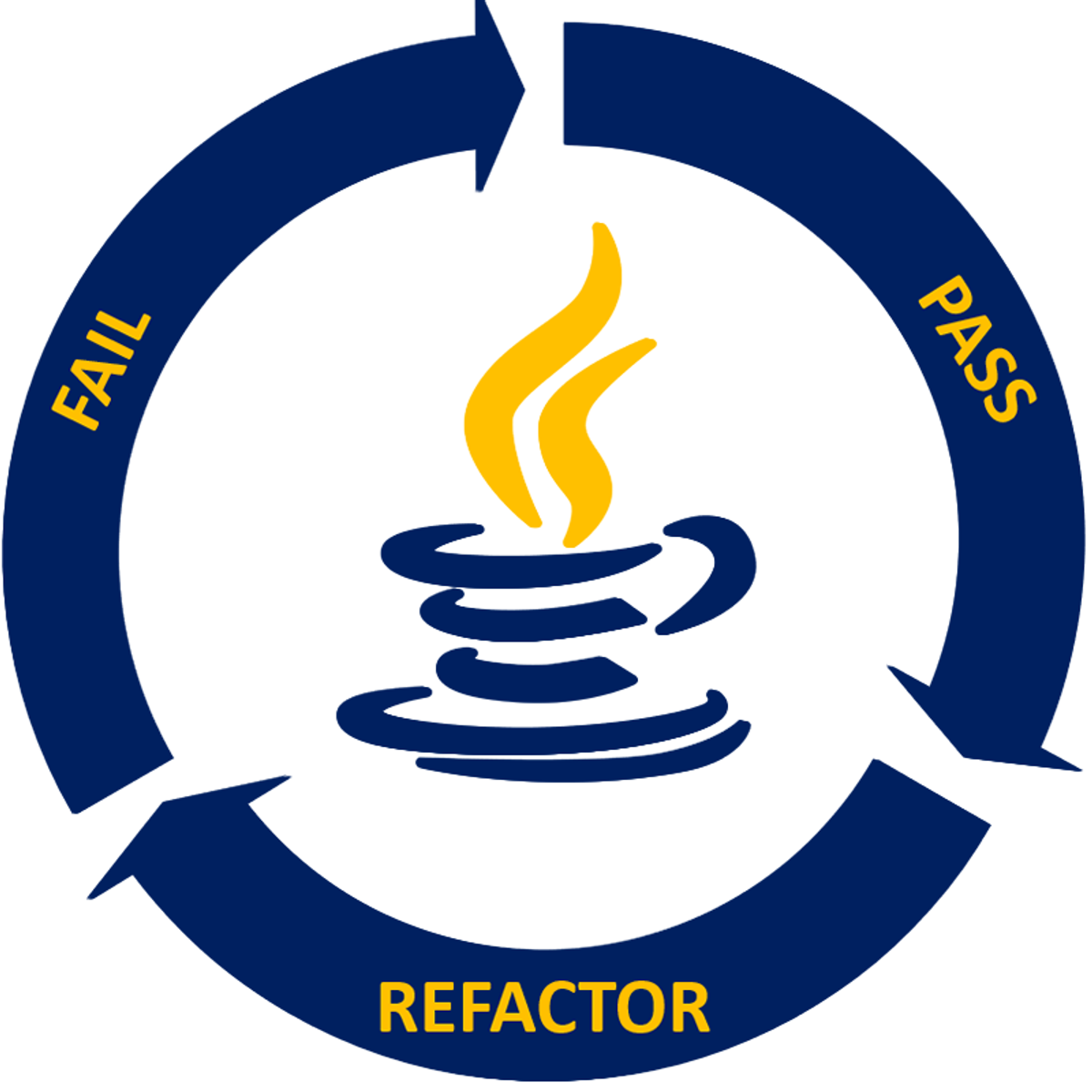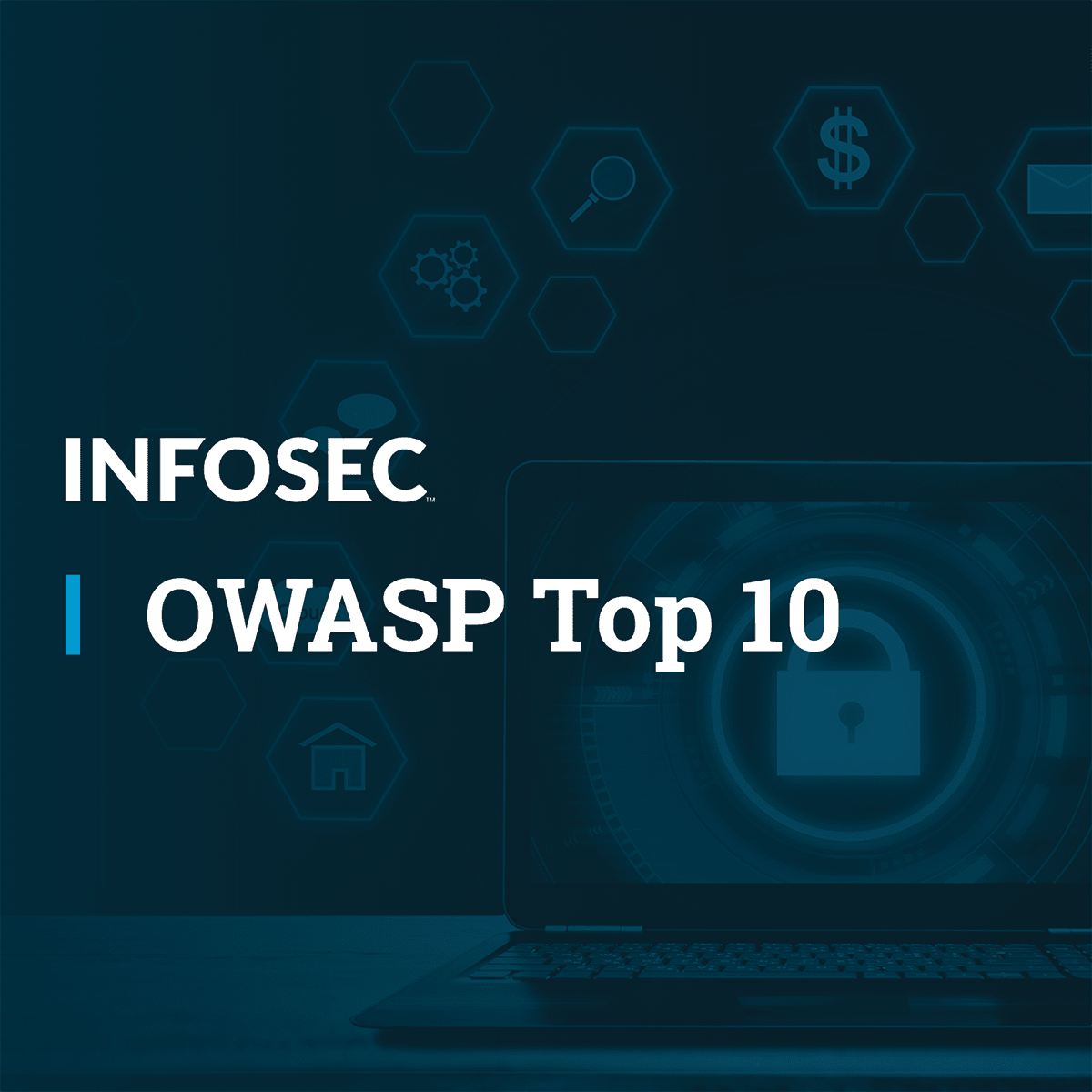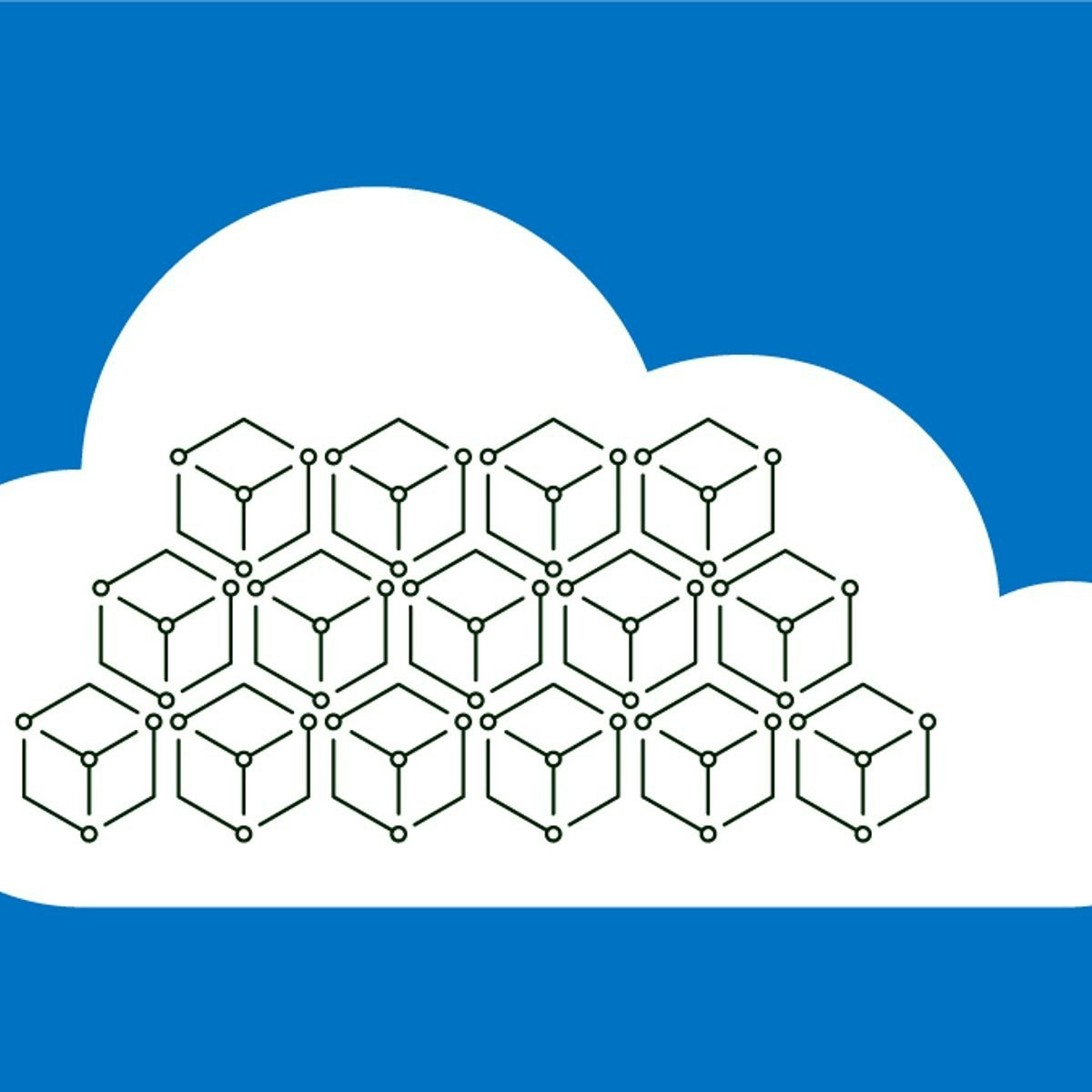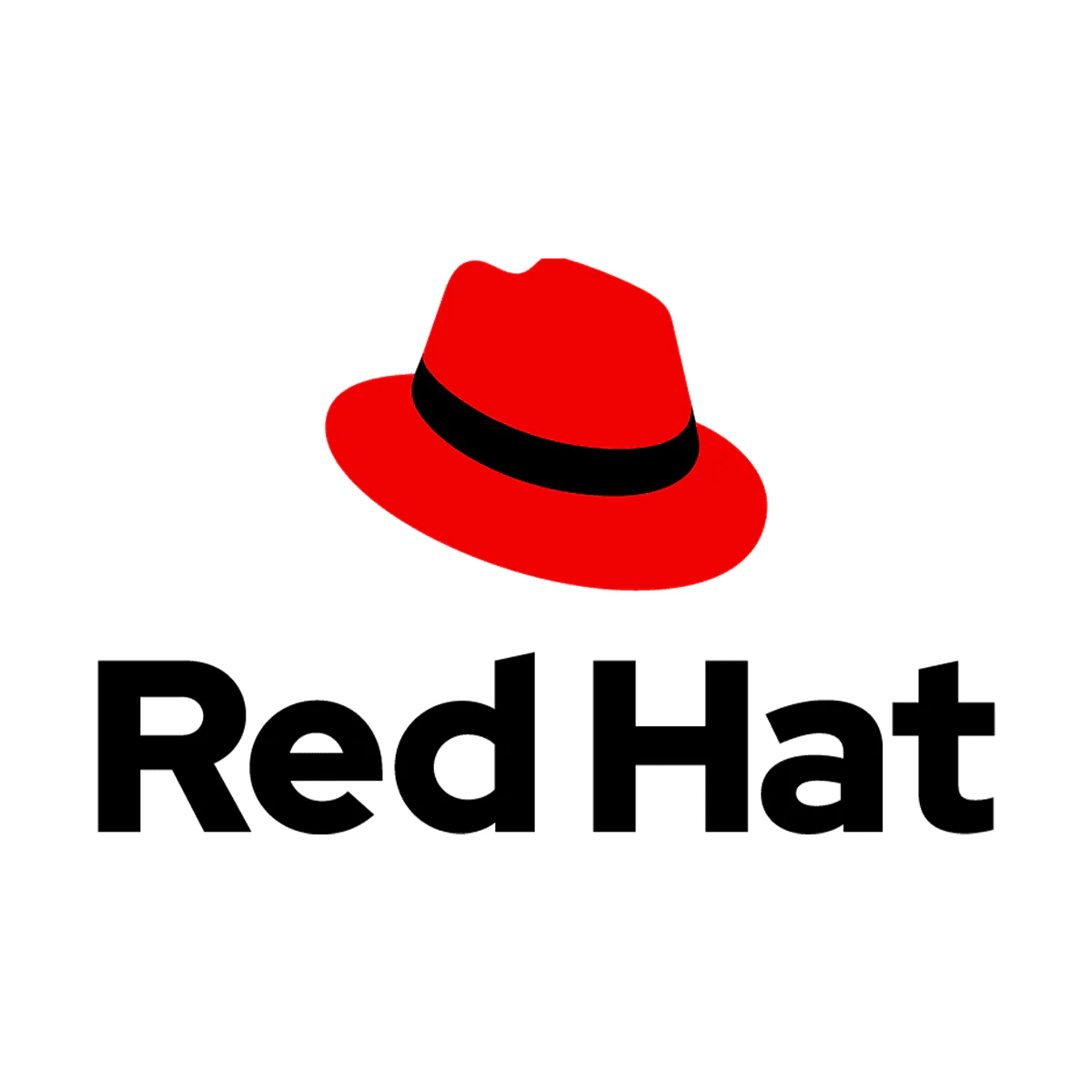Back to Courses









Information Technology Courses - Page 50
Showing results 491-500 of 1471

Parameterized and Dynamic Testing in JUnit
In this course you will learn about how to test vast amounts of functionality using Parameterized Tests, Repeated Tests and Dynamic Tests without having to write verbose test scripts.

Preparing for and Passing Technical Certifications
Technology provides you with great opportunities for professional advancement, and technical certifications prove your knowledge, expertise, and hands-on experience to prospective employers or clients. It is extremely important to organizations like AWS, Google, Microsoft, Oracle, ITIL, PMI, and many others that their certifications prove technical expertise; otherwise, their certifications are of no value. That is why the exams are so hard. This course is intended to help you formulate an effective learning plan that will build the knowledge you need, not only to pass the exam but to be truly competent in the technology you are being tested on.

OWASP Top 10 - Welcome and Risks 1-5
In this course, we will look at the OWASP organization and what its purpose is. We’ll dive into the details of how they create the Top Ten list: where it comes from, how they calculate the severity of each risk and how they determine where each risk ranks. We also review the possible disparity between OWASP’s ranking and your own organization’s ranking, depending on your needs. We will also examine Broken Access Control, Cryptographic Failures, Injection Attacks, Insecure Design and Security Misconfiguration. We’ll use demos, graphics and real-life examples to help you understand the details of each of these risks.

Running a Node.js Container on Google Kubernetes Engine
This is a self-paced lab that takes place in the Google Cloud console. Containers are becoming a popular way to run and scale applications across multiple cloud providers or on both cloud and on premise hardware. This lab provides a quick introduction to running a website on Google Container Engine using Docker.

The Nature of Data and Relational Database Design
This course provides a comprehensive overview of data, various data types, design of databases for storage of data, and creation and manipulation of data in databases using SQL. By the end of this course, students will be able to describe what business intelligence is and how it’s different from business analytics and data science, conduct a basic descriptive statistical analysis and articulate the findings, and differentiate between types of statistics. They will also be able to define normalization and ETL, create an ERD that shows progression from conceptual to logical to physical design, define DDL, DML, DCL, and TCL, and write SQL scripts to create a database and associated tables.

Rent-a-VM to Process Earthquake Data
This is a self-paced lab that takes place in the Google Cloud console.
In this lab you spin up a virtual machine, configure its security, access it remotely, and then carry out the steps of an ingest-transform-and-publish data pipeline manually. This lab is part of a series of labs on processing scientific data.

Introduction to Cloud Bigtable (Java)
This is a self-paced lab that takes place in the Google Cloud console. Learn how to avoid common mistakes with schema design, import data in a sequence file, and query your data using Cloud Bigtable with the Java HBase client.

Internet of Things: Qwik Start
This is a self-paced lab that takes place in the Google Cloud console. This lab shows you how to use Google Cloud Platform Console to create a Cloud IoT Core device registry and register a device. It also shows you how to run a sample to connect a device and publish device telemetry events.

Full Stack Software Developer Assessment
This is the final course in the Full Stack Professional Certificate. It will test your knowledge and the skills you’ve acquired so far. This course contains the graded final examination covering content from nine of the eleven courses in the certificate.
You will be assessed on topics such as core cloud computing concepts; languages such as HTML, CSS, JavaScript, and Python; frameworks such as Node.js and React; and backend technologies such as Docker, Kubernetes, OpenShift, SQL, Django, and Serverless.

Foundations of Red Hat Cloud-native Development
Foundations of Red Hat Cloud-native Development (DO100a) is designed for IT professionals without previous cloud application deployment experience to learn basic Kubernetes skills. This course is a part of a three-course specialization. In this specialization, you will run, deploy, and test containerized applications with zero-downtime releases.
Popular Internships and Jobs by Categories
Browse
© 2024 BoostGrad | All rights reserved


